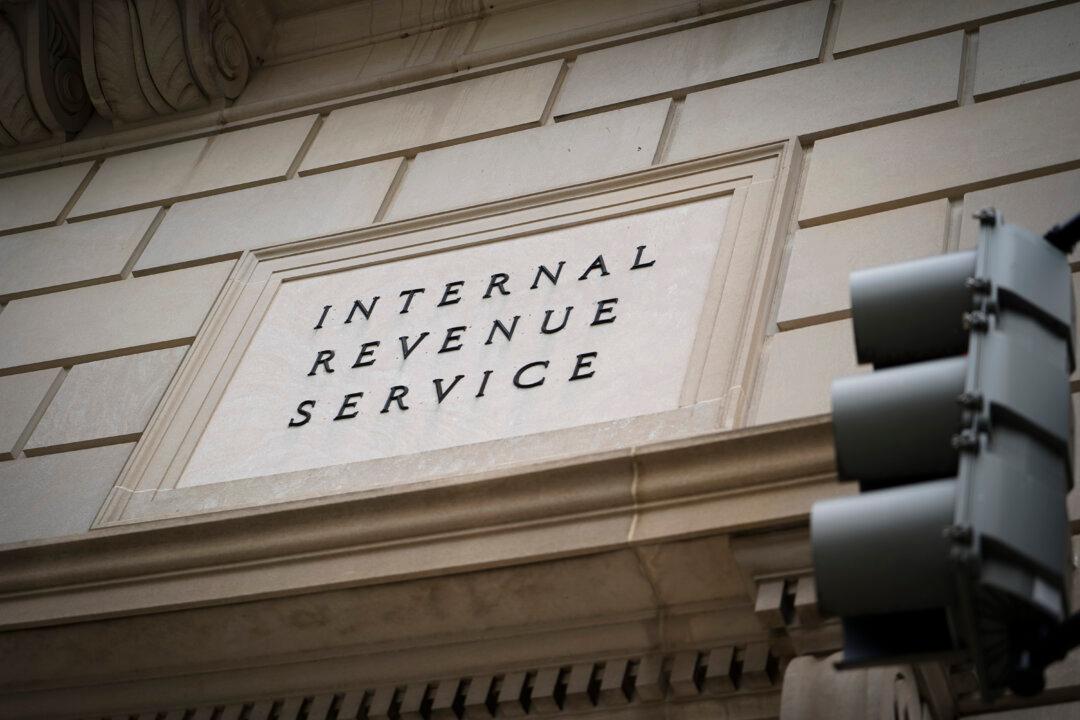The Internal Revenue Service (IRS) has announced a tax relief package for individuals and businesses in Maine and Massachusetts who are grappling with the aftermath of Hurricane Lee.
Taxpayers residing or operating businesses in all 16 counties in Maine and all 14 counties in Massachusetts now have until Feb. 15, 2024, to file various federal individual and business tax returns, and make tax payments, the IRS said in a statement.
The relief is being granted following a disaster declaration issued by the Federal Emergency Management Agency (FEMA) for Maine and Massachusetts, where Hurricane Lee brought destructive winds and bands of heavy rain.The tax relief measures postpone various tax filing and payment deadlines that occur between Sept. 15 and Feb. 15 next year.





